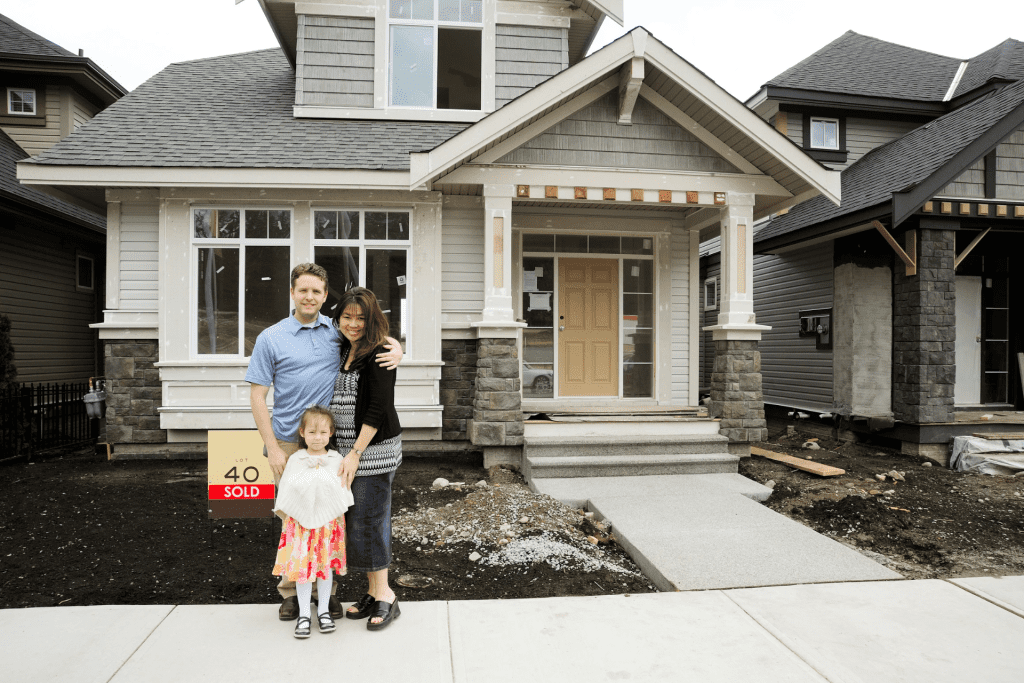
The Australian real estate market has long been a subject of intense scrutiny, speculation, and fascination. From the sprawling suburbs of Sydney to the vibrant streets of Melbourne, property prices and valuation strategies significantly impact buyers, sellers, and investors. One of the critical aspects of this market is the balance between overpricing and underpricing properties. Understanding this balance is crucial for making informed decisions in an ever-fluctuating market.
The Emotional Rollercoaster of Real Estate Investment
Real estate investment is not just a financial decision; it’s an emotional journey. Many investors fall into the trap of making decisions based on emotions rather than solid market analysis and future goals. The fear of missing out (FOMO) often drives people to follow the investment journeys of friends, brokers, or financial planners who may not have a deep understanding of the property market.
In 2024, a significant trend has emerged: six out of ten investors are planning to buy property in Perth. This trend is driven by the perception that Perth is a booming market. However, the reality paints a different picture. According to recent data, 90% of properties in Perth are selling over vendor expectations, and banks are not valuing them as high as the selling prices. This discrepancy can lead to significant financial consequences for buyers.
The Risks of Overpricing Property
Overpricing a property means listing it at a price significantly higher than its market value. While this might seem advantageous in a rising market, it carries several risks, especially when the market stabilizes or declines.
1. Immediate Gains but Long-term Losses: In a rising market, overpriced properties might show decent growth and equity in the short term. However, when the market flattens or declines, the losses can be substantial. Investors who paid above-market prices may find their properties depreciating faster than the market average.
2. Extended Time on Market: Overpriced properties often stay on the market longer. According to CoreLogic, properties in Sydney that were overpriced took an average of 60 days longer to sell compared to accurately priced homes. This delay can increase holding costs and reduce the overall return on investment.
3. Market Perception: An overpriced property can negatively impact its perception among potential buyers. They may question the seller’s motives and the property’s value, leading to less interest and fewer offers.
4. Price Adjustments and Financial Strain: Eventually, sellers may need to lower the price, sometimes multiple times, to attract buyers. This adjustment can result in a final sale price lower than what might have been achieved with a realistic initial listing. For investors, holding onto an overpriced property can strain finances, especially if the property is negatively geared.
The Strategic Benefits of Underpricing Property
Underpricing a property involves listing it below its market value. This strategy, while seemingly counterintuitive, can be advantageous in several ways:
1. Increased Buyer Interest: A lower price can attract a larger pool of potential buyers, creating a competitive bidding environment. This is particularly effective in high-demand markets.

2. Quick Sales and Reduced Holding Costs: Underpriced properties tend to sell faster, reducing holding costs and allowing sellers to reinvest their capital sooner.
3. Auction Dynamics: In Australia, auctions are a popular method of selling property. An underpriced property can create a sense of urgency and competition among bidders, often driving the final sale price higher than the initial estimate.
However, underpricing also carries risks, including the potential for undervaluation and seller regret if the property sells for less than its true market value.
The Power of Thinking Outside the Box
It’s wise not to follow the herd blindly. Instead, think outside the box and step back to evaluate the market comprehensively. Imagine investing in a market that has been flat or down for the past seven years. Such a market has a higher likelihood of experiencing a boom in the next 7 to 10 years due to the cyclical nature of real estate growth.
By identifying these undervalued markets early, investors can position themselves for significant growth in the next cycle. Buying under-market-valued property in a rising market provides instant equity and sets the stage for future investment opportunities.
The Cashflow Properties Approach
At Cashflow Properties, we advocate for a strategic approach to real estate investment. Our founder, Bharat Patel, emphasizes not buying in hot and overpriced markets. Instead, he advises clients to buy early in mid-growth markets to maximize property potential and leverage market conditions for optimal returns.
We help our clients identify undervalued properties in rising markets, providing them with the tools and insights needed to make informed decisions. This approach not only mitigates the risks associated with overpricing but also ensures sustained growth and equity accumulation.
Finding the Sweet Spot-Mastering Property Pricing for Long-Term Success

Balancing overpricing and underpricing is essential for successful property sales. Emotional buying decisions, driven by FOMO and following the herd, often lead to overpriced purchases with long-term financial repercussions. On the other hand, strategic underpricing can attract more buyers, create competitive bidding, and achieve higher sale prices.
Investors should focus on thorough market research, professional valuation, and a flexible approach to pricing. By understanding the nuances of the market and leveraging expert insights, sellers can navigate the complexities of property pricing and make decisions that align with their financial goals and market conditions.
At Cashflow Properties, we are committed to helping our clients buy undervalued properties in rising markets, ensuring sustained growth and equity. By thinking outside the box and not following the herd, investors can position themselves for long-term success in the Australian real estate market.

